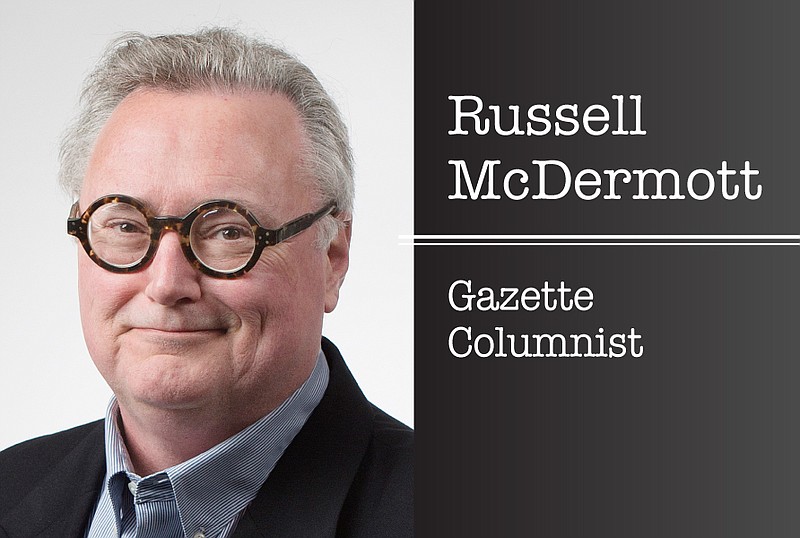How do you write a column about a word that is so apparently offensive it cannot be uttered before the U.S. Supreme Court?
Since this is a family newspaper, I have to be careful. So let's see.
The U.S. Patent and Trademark Office has a lot of power in the business community.
Without the legal protections offered by government registration, a company is at a disadvantage trying to keep its brand or products from being pirated and sold by unscrupulous types eager to make an easy dollar.
Not all brand names get that protection, though. The law allows the Patent and Trademark office to reject applications deemed "immoral," "shocking" or "offensive."
That means those bureaucrats get to act as official government censors, if you will, deciding whether a particular brand name is worthy of that status.
But what is the definition of immoral and shocking when it comes to trademarks? Where, exactly, is the line that can't be crossed?
We will likely know a bit more in the coming months. That's because the U.S. Supreme Court heard arguments Monday in a dispute between clothing designer Eric Brunetti and the Patent and Trademark Office over his brand. Brunetti has a clothing line that carries a distinctive name. He would like trademark protection for his brand, because he says there are a lot of knock-offs on eBay and other online sites costing him a lot in lost sales. He wants to be able to take legal action against them.
Seems reasonable enough.
But the Patent and Trademark Office says the brand name is offensive. Probably immoral, tasteless, scandalous and few other things as well.
You are probably wondering what that brand name might be?
Arguing for the good folks at Patent and Trademark, Deputy Solicitor General Malcolm Stewart declined to use the word but described it as a "profane past participle form of a well-known word of profanity and perhaps the paradigmatic word of profanity in our language."
Gotta love that. Any ideas so far?
Personally, I have no problem with the word. Of course I was also in the U.S. Navy and few words or colorful phrases shock me. Let's just say it's a four-letter word that starts with an "F" and ends with a "T" and is a homonym of a common but vulgar six-letter reference to both having engaged in sexual intercourse and finding oneself in a very bad situation.
In other words, its not spelled like a quite popular dirty word, but it sounds like it.
I think we are all on the same page.
I have to wonder why the word could not be spoken before the court. As written it isn't actually a curse or swear word, after all. And I assume the justices have been around the block a time or two and likely have heard worse. Especially Justice Brett Kavanaugh. But you have to admire the skill it takes to argue a case-and eventually render judgment-on a word without once mentioning it out loud. I can't wait to read the court's opinion.
The problem-one that justices from both the left and right wings of the court noted-was a lack of consistency on the Trademark Office's part. Some very similar words to the one in contention have been trademarked successfully. Others not.
For example, FUBAR-an acronym most, especially those who served in the military, readily understand-was granted trademark status. And there are won and lost trademark applications based on creative spellings and acronyms for a wide variety of other words or phrases one does not usually say in front of one's mother.
How the thought process works over at Patent and Trademark is one of the great mysteries of Washington.
There's a precedent for the justices to consider. Two years ago the high court ruled against the Patent and Trademark Office and ordered it to register a trademark on "The Slants," the name of an Asian-American band which had been turned down as racially disparaging.
Since then, many brand names that contain what most would consider ethnic slurs have been approved. One that remains beyond the pale-and one that I won't be spelling out here, either-is a well-known and especially derogatory reference to African-Americans.
The question is not only whether the government should be censoring brand names, but also how they are able to do so with any sense of fairness. What's offensive to a 70-year-old in Little Rock would likely not bother a 20-year-old in Los Angeles or vice versa. And what does "offensive" mean, anyway? As Brunetti's lawyer John Sommer pointed out, the name "Shake and Steak" might offend vegans who believe eating meat is immoral. Should it have trademark protection or not?
We should see a ruling by the summer. I suspect Patent and Trademark will lose this one.

